Swiss triathlete Julie Derron clinches Olympic silver: a family triumph in Paris
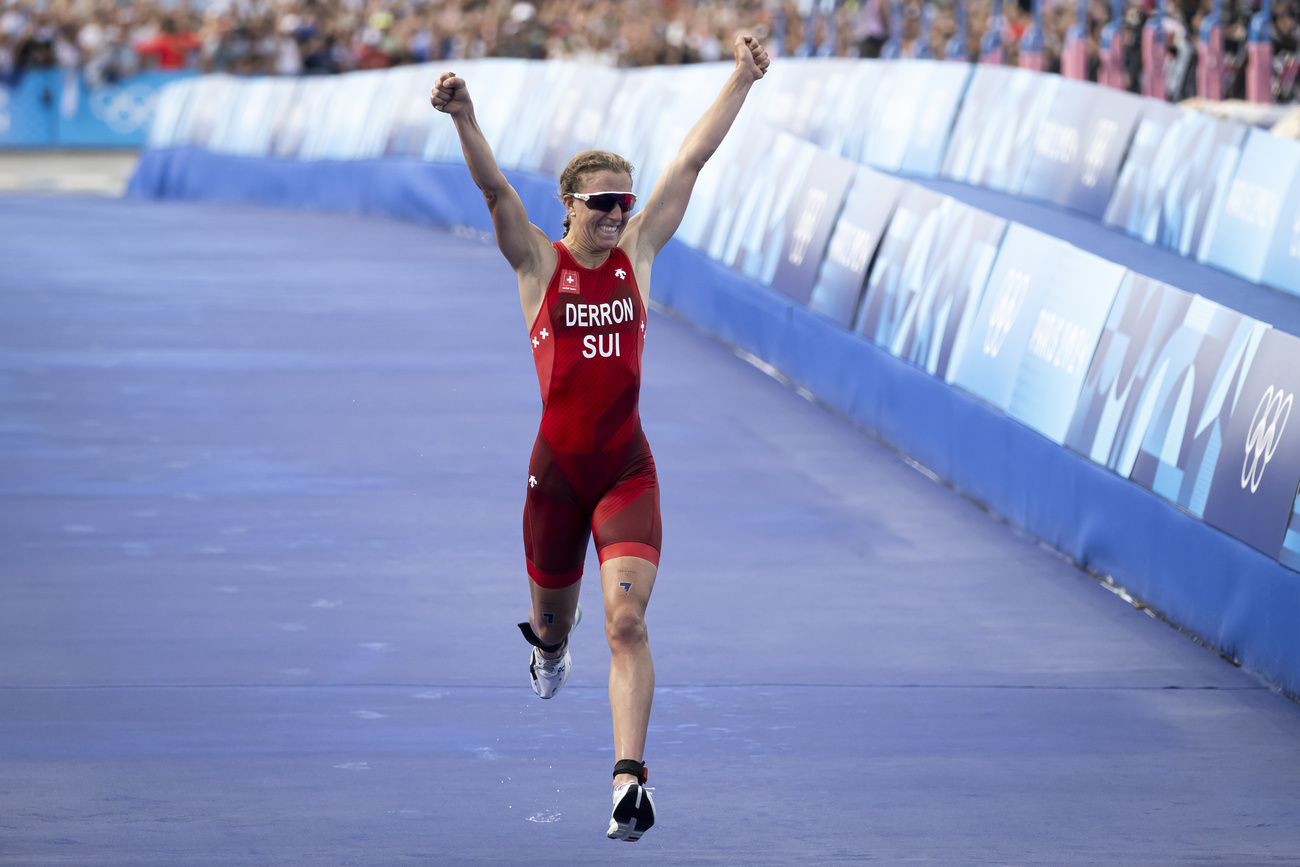
For the second time, a Swiss medal ceremony was held on Wednesday evening at the Maison Suisse in Paris. Triathlon silver medallist Julie Derron expressed special gratitude to her family.
Despite running swiftly to secure her silver medal, Julie Derron couldn’t avoid the infamous Parisian traffic. However, the 27-year-old from Zurich celebrated on the stage of the Swiss House, set in the garden of the embassy. The triathlete created a lively atmosphere on the day before the bank holiday.
+Switzerland wins its first medal at the Paris Olympics
Derron knew exactly who to thank: her family, particularly her sisters Nina and Michelle—both also triathletes, whom she hadn’t seen since the race. “This medal is 90% yours,” Derron said emotionally. The crowd corrected her, chanting “99%.” Derron agreed, smiling, “99%, absolutely.”
Her day had started early, with the alarm ringing at 4 am. “When I went to the Olympic Village to start my warm-up, others were just returning from a night out,” Derron told Keystone-SDA with a laugh. The day likely extended well beyond that early start.
However, the big celebration will have to wait. The mixed team competition is still scheduled for Monday. That evening, the triathletes travelled to Poissy, about half an hour’s drive away, to prepare thoroughly.
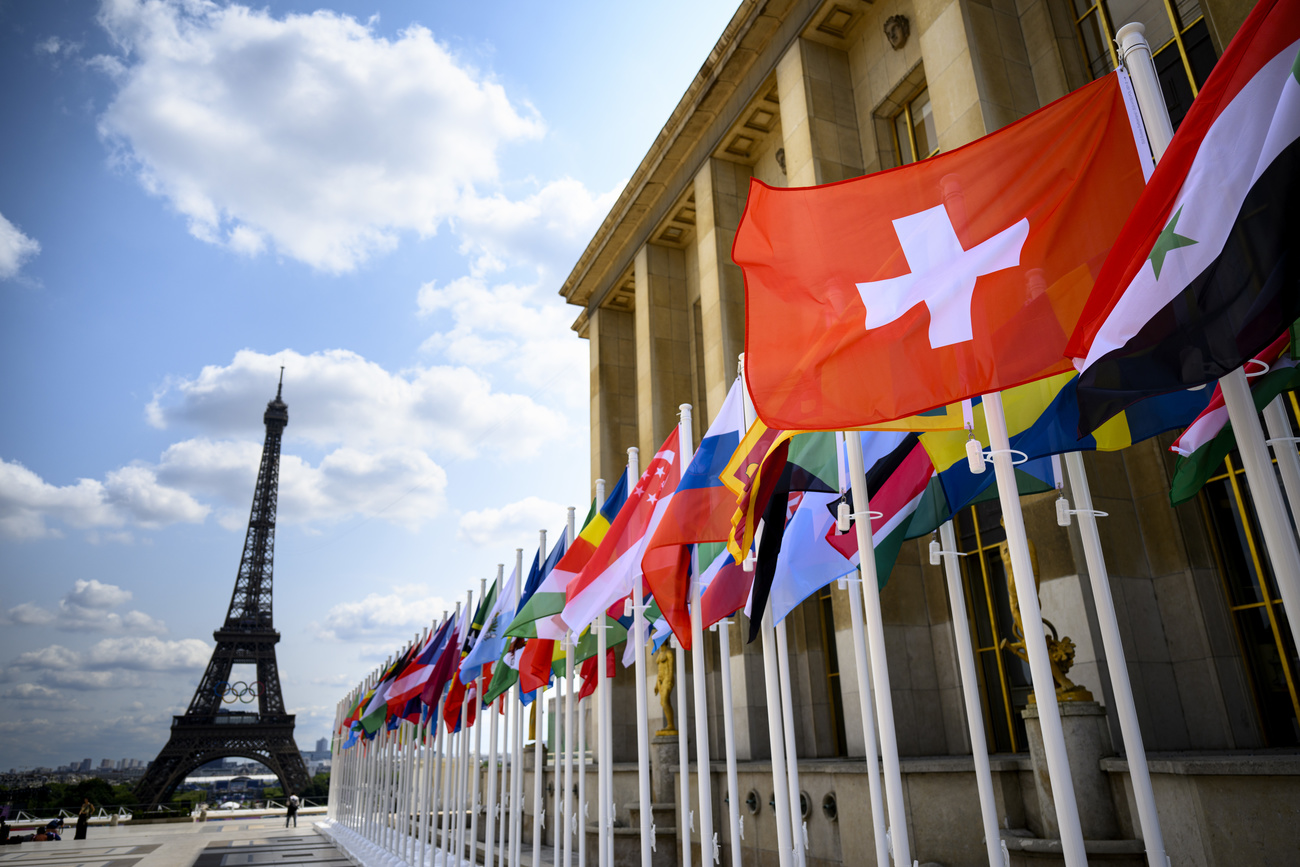
More
Faster, higher, stronger, Swisser: let the 2024 Olympic Games begin!
‘Rice and honey at 5am – you get used to it’
Following her surprising silver medal in the Olympic triathlon, Julie Derron shared insights about her premonition, breakfast ritual, ear studs, and her mum.
The media zone on the historic Pont Alexandre III bridge in Paris was bustling, as everyone wanted to hear from the silver medallist. The 27-year-old from Zurich was all smiles, providing a glimpse into her thoughts and emotions.
Julie Derron, it must have been a perfect day today?
Julie Derron: “Yes, I think I really had the perfect race today. The silver medal hasn’t quite sunk in yet. It’s incredible; I’m extremely proud. We worked so hard as a team.”
When did you realise that a medal was possible?
J.D.: “After about two laps of the run, when I was still in the leading group. There were four of us, so one of us wouldn’t get a medal. I told myself: that won’t be me. I still felt strong after two laps. The plan was always to maintain a good pace and then accelerate in the second half. It worked; I was able to outpace two of the other athletes.”
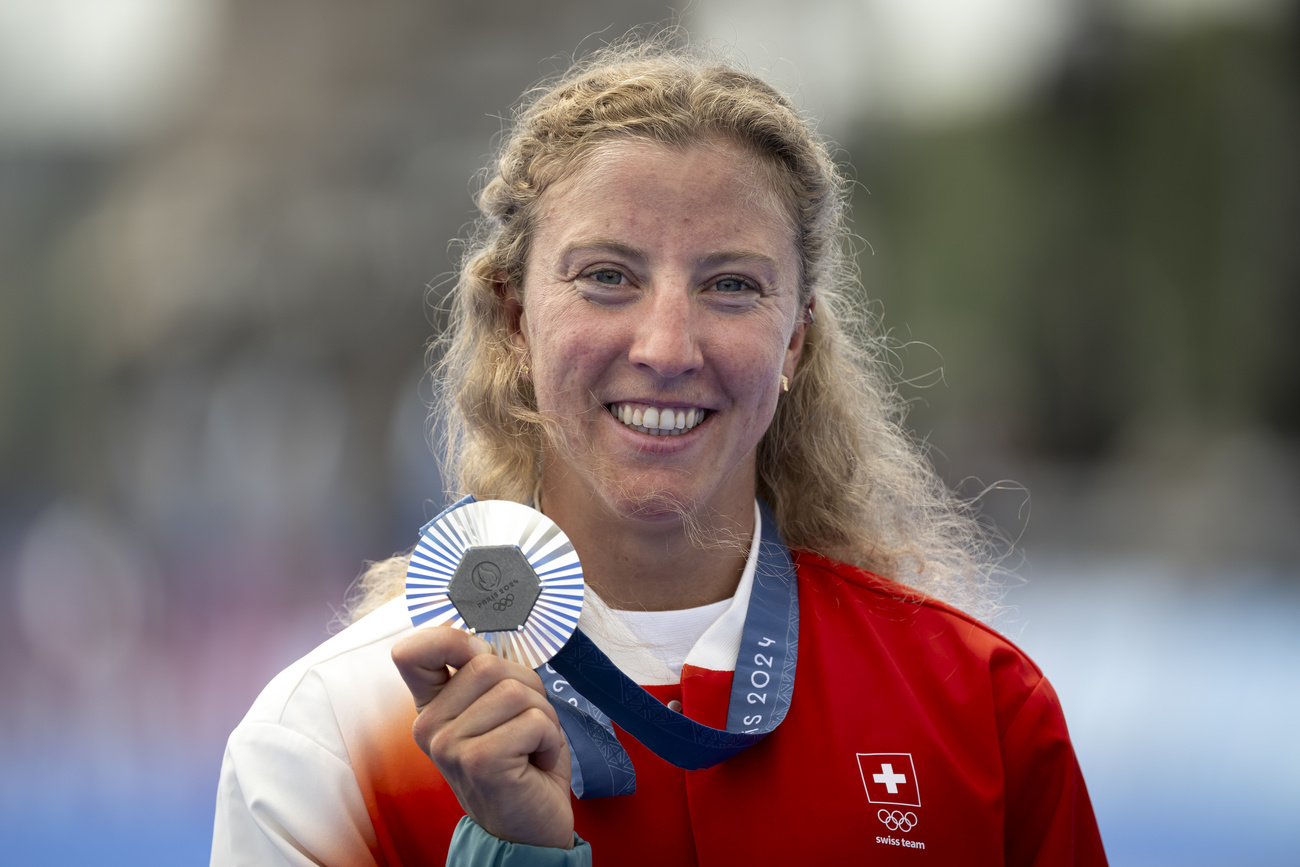
Did you expect this result yourself?
J.D.: “About three or four weeks ago, I told Brett (Sutton, my coach) that I had a feeling I could win a medal. We agreed to acknowledge the feeling but not dwell on it, focusing instead on the competition. I knew what I was capable of and that I was in good shape. But it’s one thing to be in shape and another to deliver on the day. The fact that I managed to do that makes me extremely proud.”
You have small pistols as ear studs. What’s the story behind them?
J.D.: (laughs) “When I started working with Brett Sutton about eight years ago, he called me a ‘little pistol’ because I wasn’t a ‘gun’—not good enough yet.”
Did you buy them yourself?
J.D.: “I received them from my coach as a lucky charm. Now I’m no longer ‘little,’ just ‘pistol.'” (laughs)
What time did you get up?
J.D.: “The alarm went off at 4am. The race-day plan is finalised by 3:30, so I checked the email and knew: Go!”
You studied nutritional science. Does that help you choose your breakfast so early in the morning?
J.D.: “Of course, you experiment a lot. As an athlete, you need to find what works best for you. Studying didn’t necessarily help with that, but it certainly provided a good balance.”
What did you have for breakfast?
J.D.: “Rice and honey. As an athlete, you get used to eating rice at 5am.”
How have you followed the discussion about water quality?
J.D.: “It’s something we can’t control. We just have to wait and see what the decision is. You don’t think about it on the day of the competition. The current was quite strong, which posed a challenge.”
The swim went well, then.
J.D.: “I could have exited the water a few seconds earlier. I had to fight hard after the second buoy and had a slight gap at the start of the second lap. I invested a lot to make sure I came out in, or at the very least at the end of, the first group. I knew that was the crucial moment. I had to be close enough to catch up on the bike. That probably determined my race.”
How careful did you have to be on the bike? There were a few crashes.
J.D.: “It wasn’t easy, but I trust my good technique and wasn’t worried. I also knew that the tougher it was on the bike, the better I’d perform on the run because we always push that in training.”
Three years ago, you narrowly missed qualifying for Tokyo.
J.D.: “I knew I wasn’t good enough to go to Tokyo. That was actually a good thing; it gave me a lot of motivation to ensure I was up there with the best in Paris. (laughs) Not going to Tokyo, but winning a medal in Paris—I’ll take that any day.”
What’s next?
J.D.: “After the men’s race, there’s the medal ceremony. I will definitely try to find my family. They were somewhere along the route. I tried to spot my mum during the race. I saw her once, and she was so excited that it brought a smile to my face.”
Translated from German by DeepL/amva
This news story has been written and carefully fact-checked by an external editorial team. At SWI swissinfo.ch we select the most relevant news for an international audience and use automatic translation tools such as DeepL to translate it into English. Providing you with automatically translated news gives us the time to write more in-depth articles.
If you want to know more about how we work, have a look here, if you want to learn more about how we use technology, click here, and if you have feedback on this news story please write to english@swissinfo.ch.

In compliance with the JTI standards
More: SWI swissinfo.ch certified by the Journalism Trust Initiative









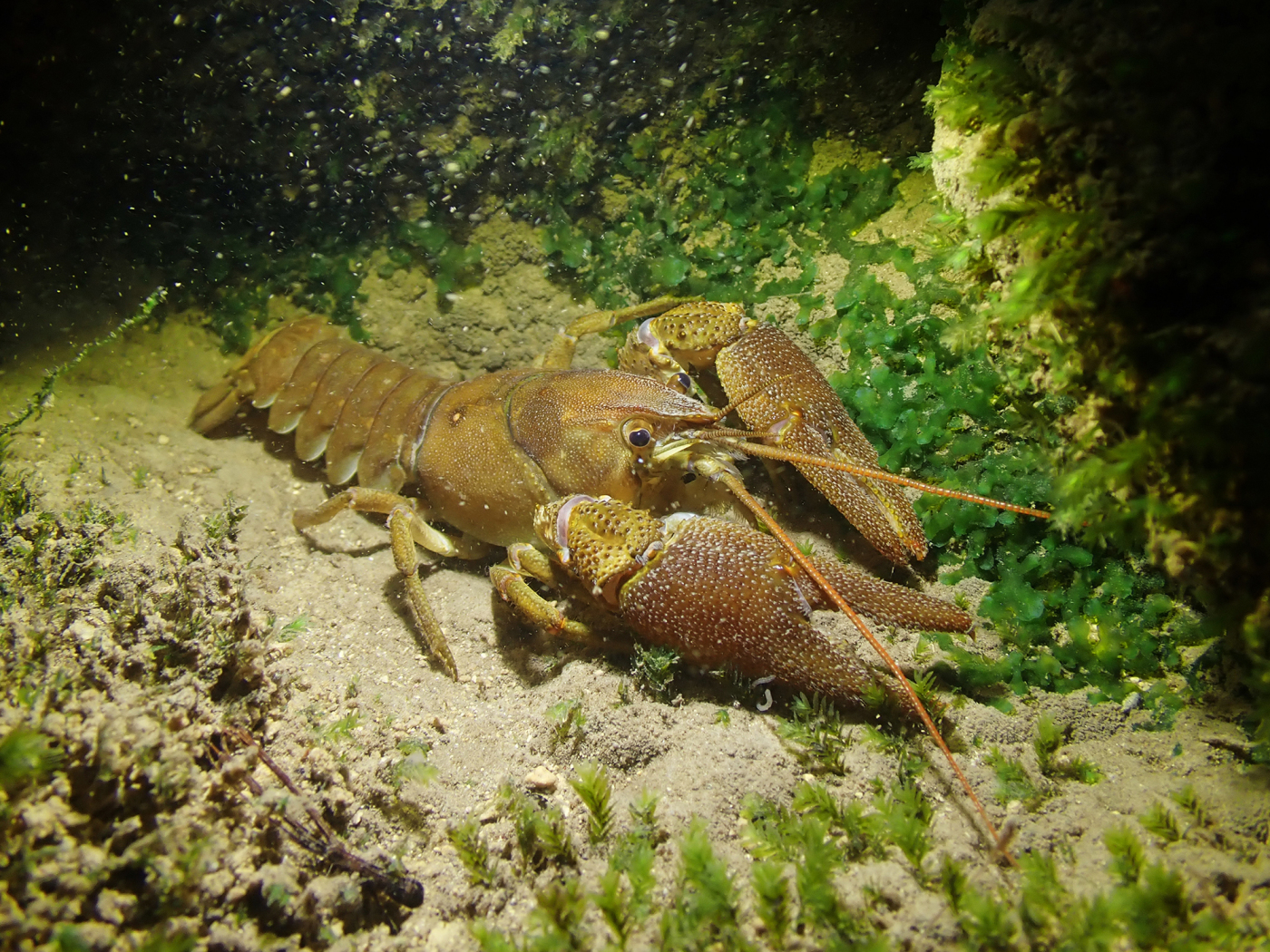
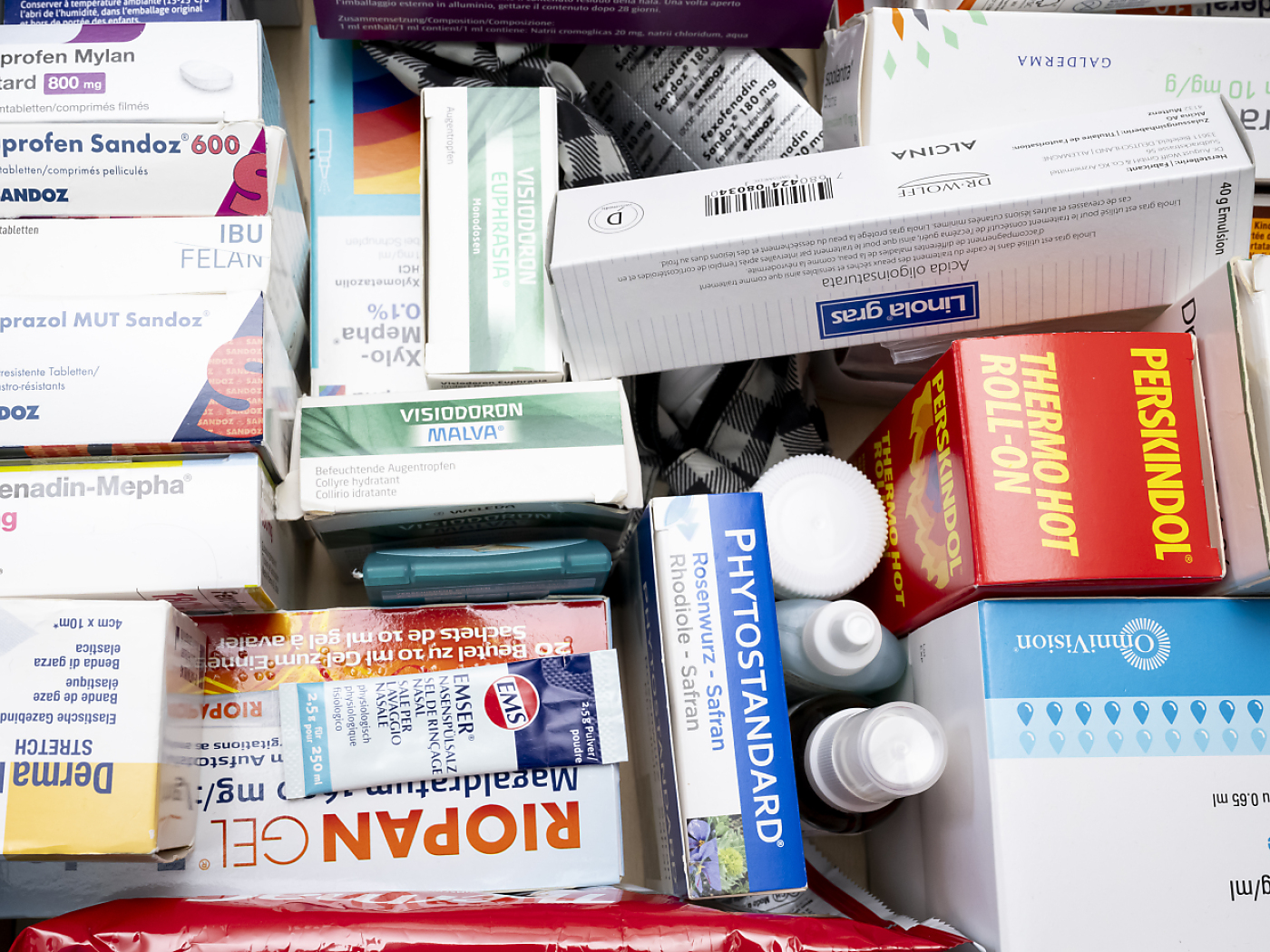
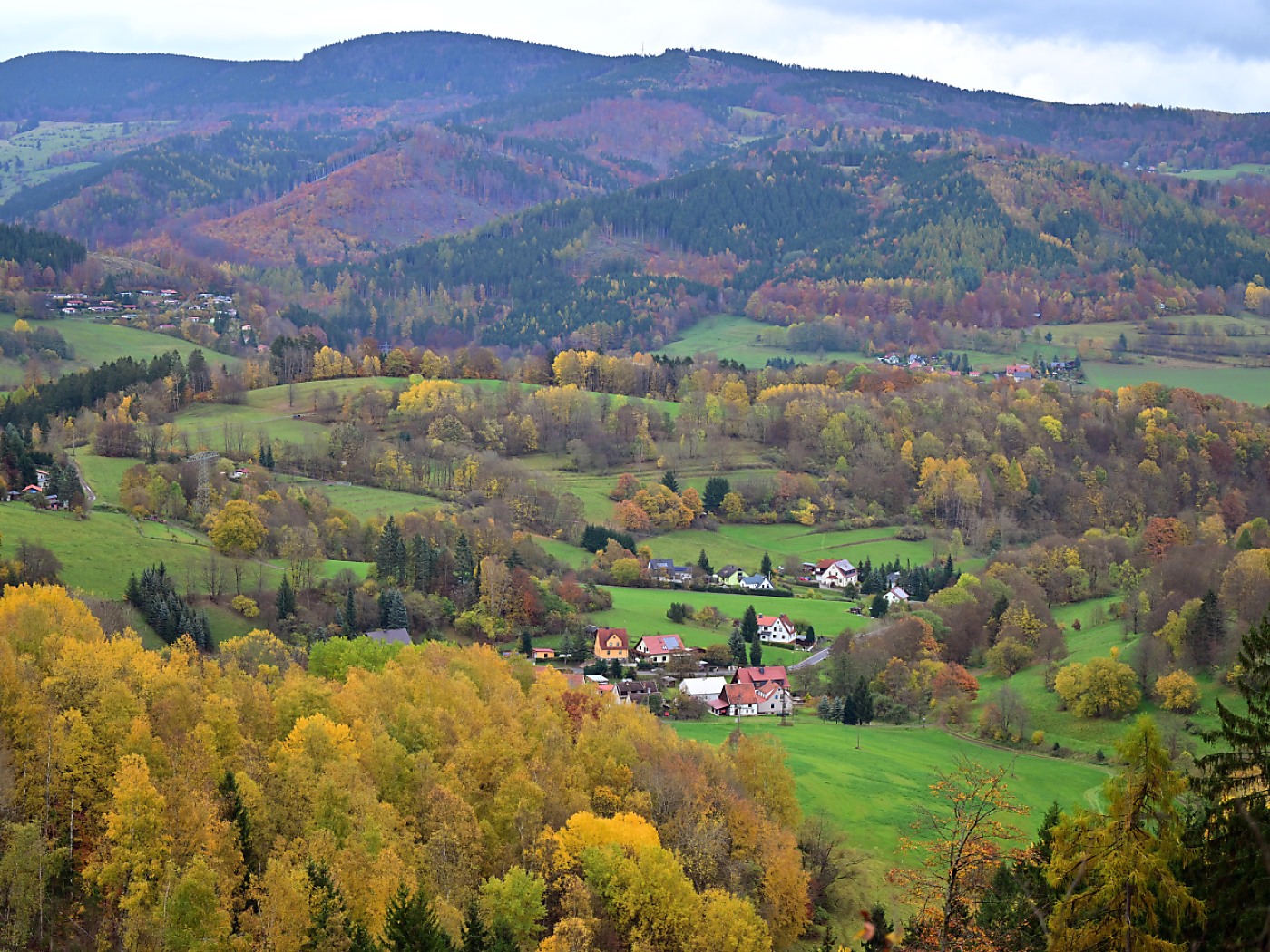
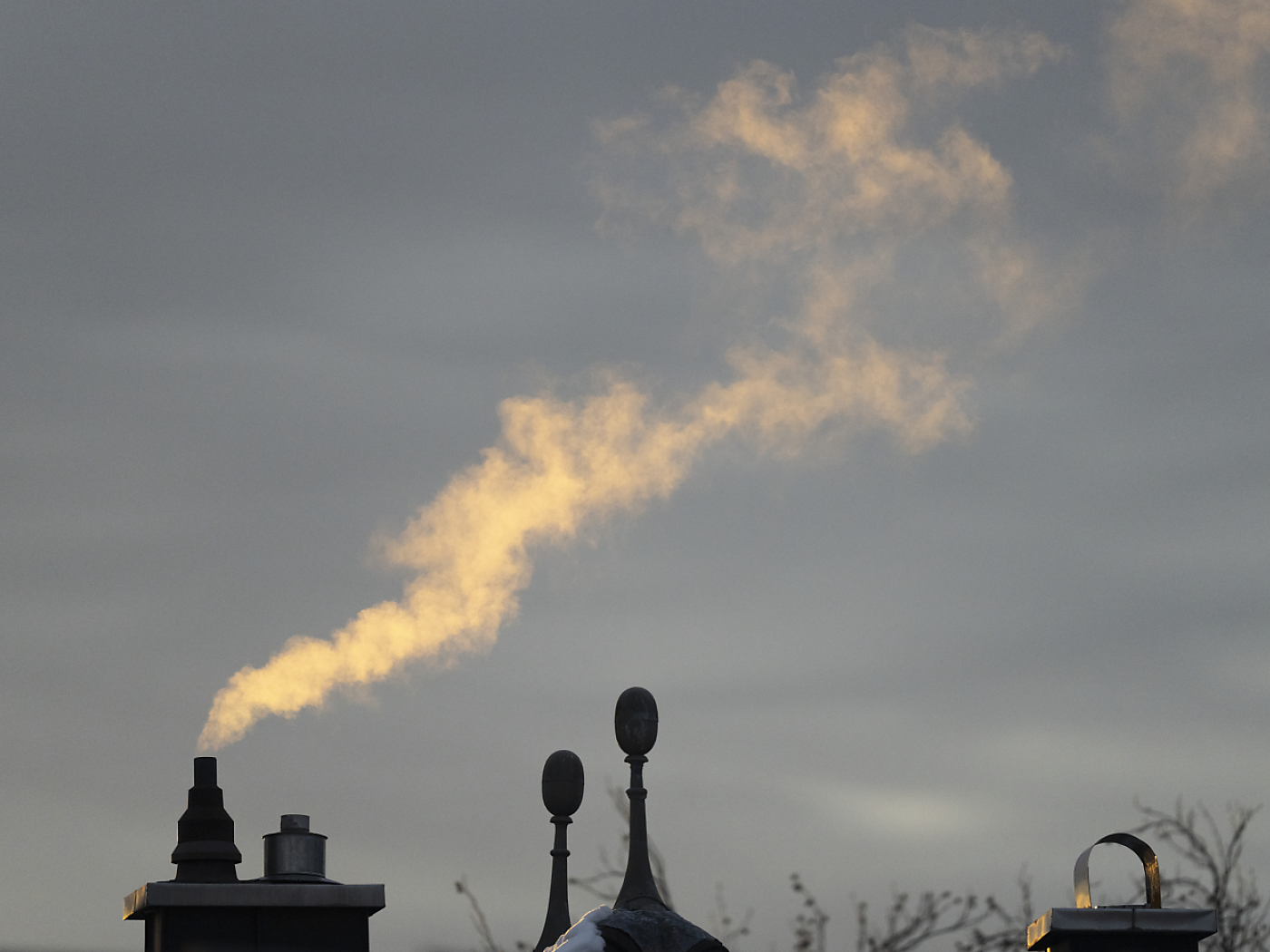
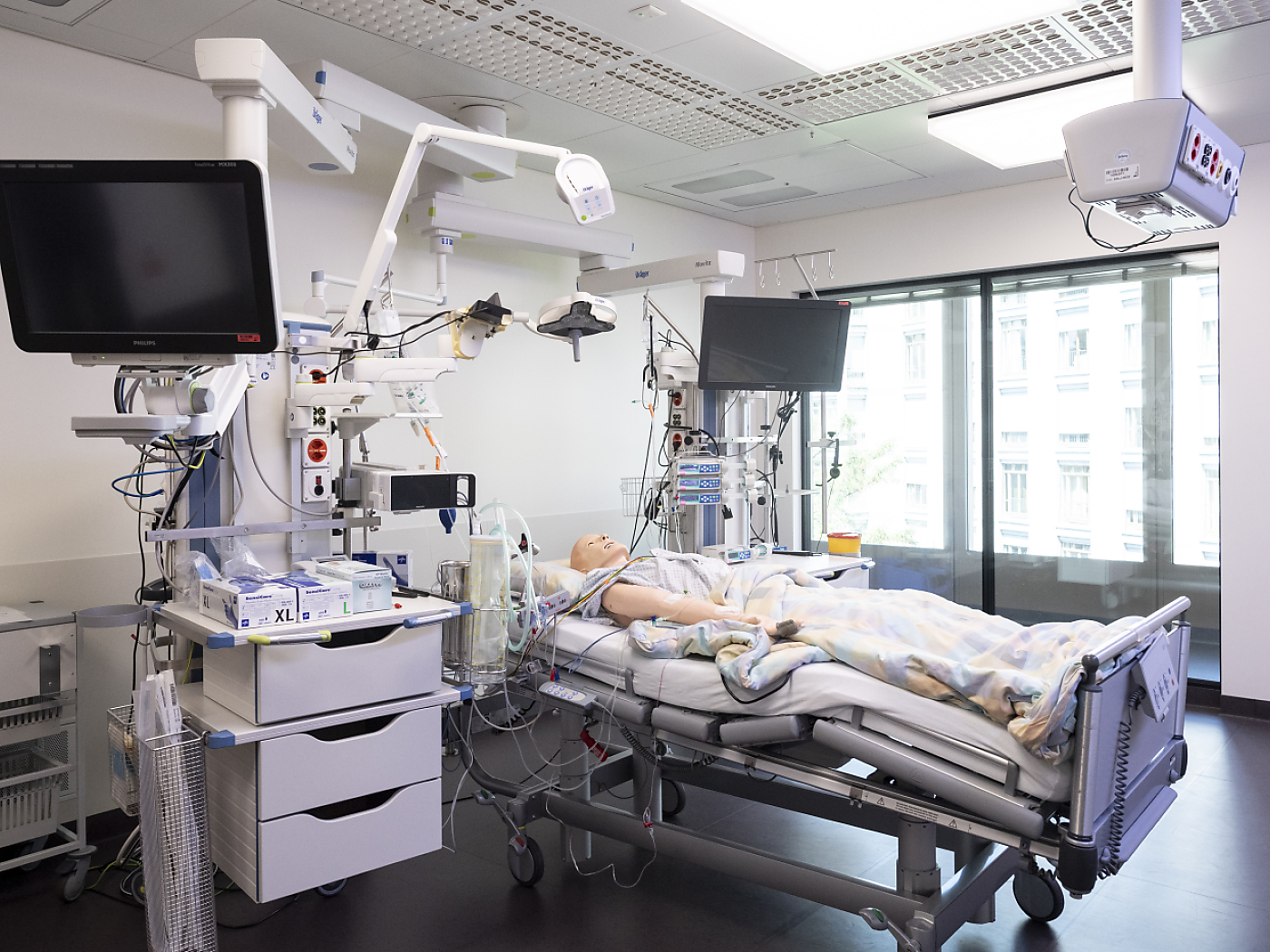
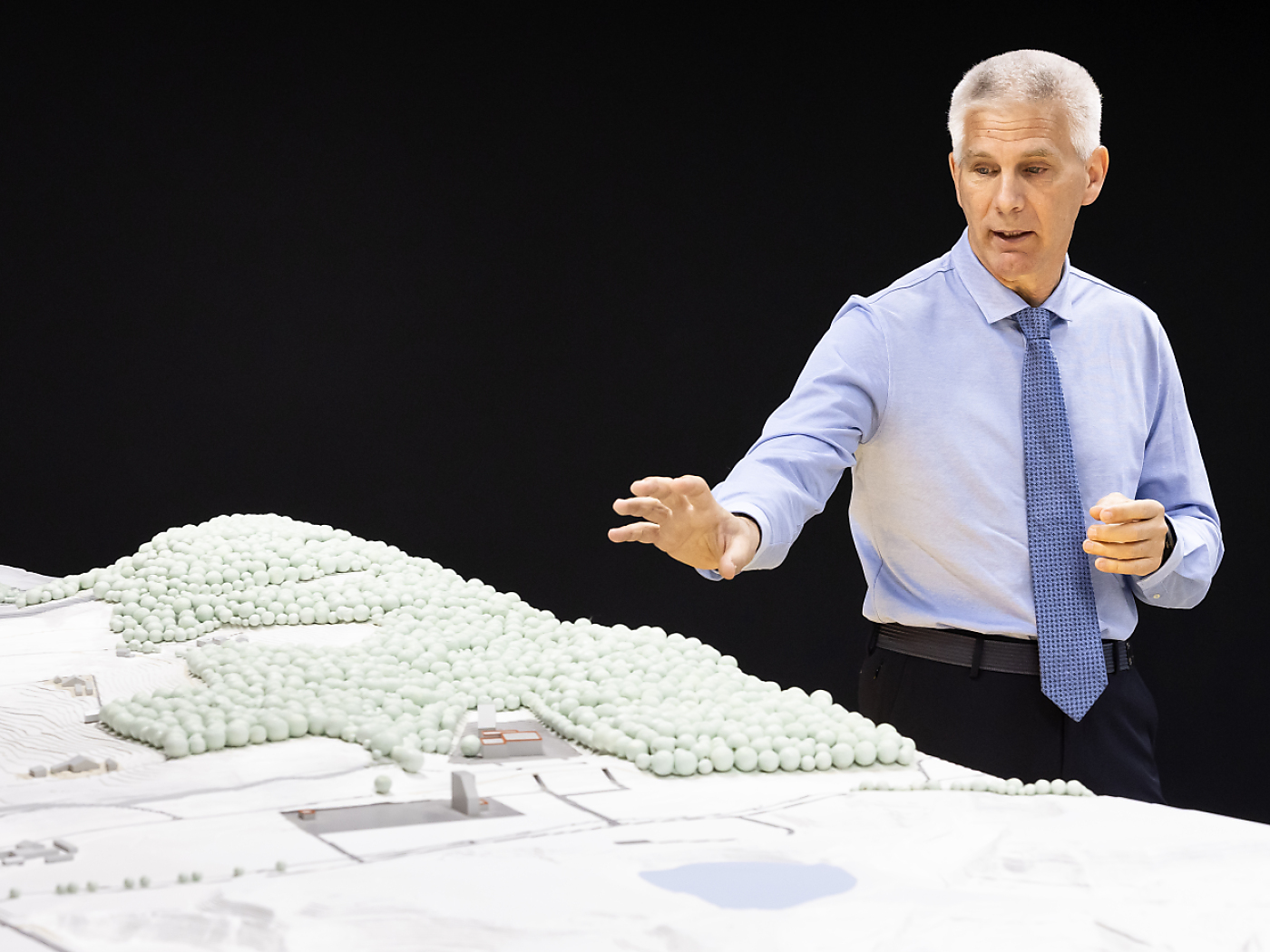
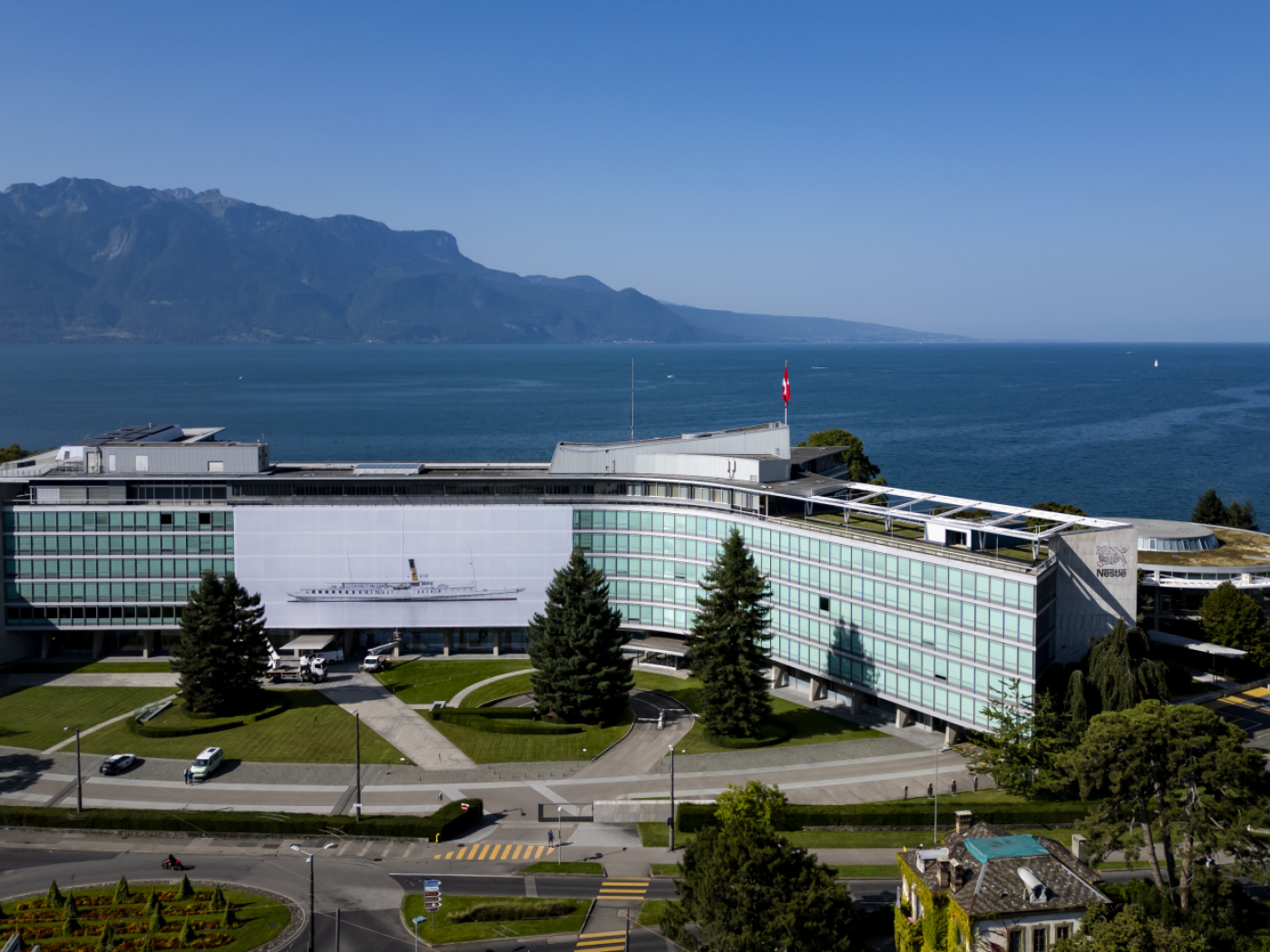
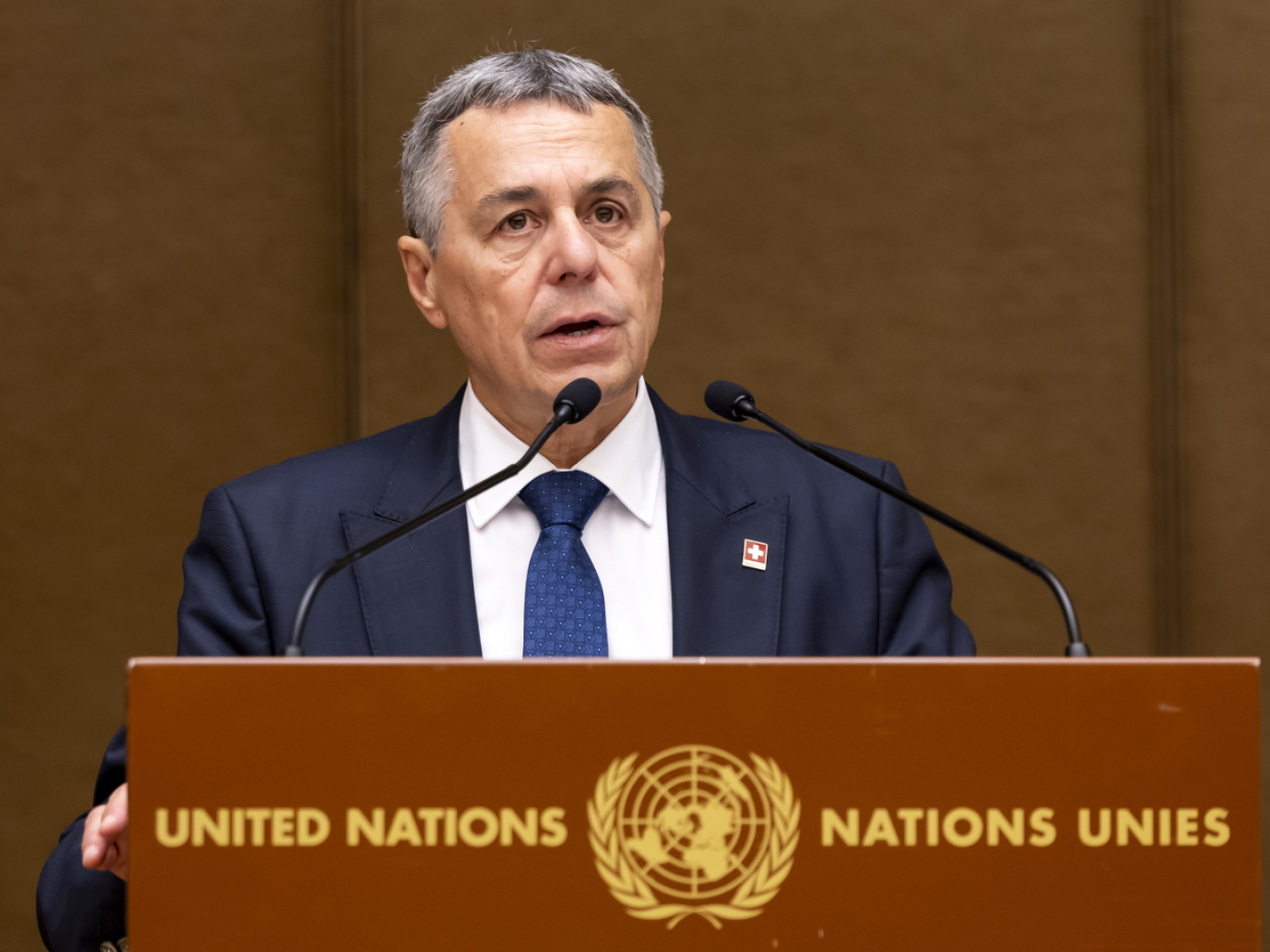
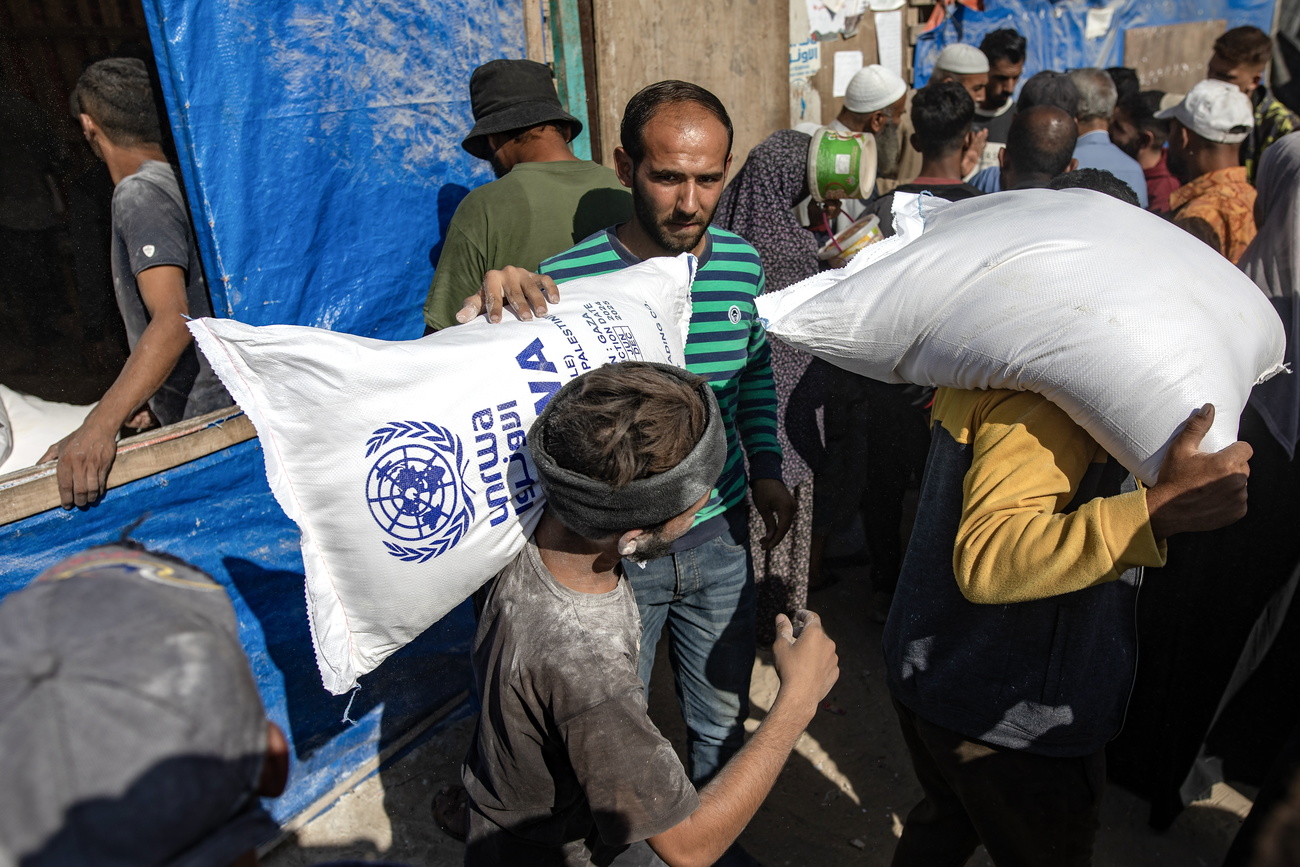
You can find an overview of ongoing debates with our journalists here . Please join us!
If you want to start a conversation about a topic raised in this article or want to report factual errors, email us at english@swissinfo.ch.